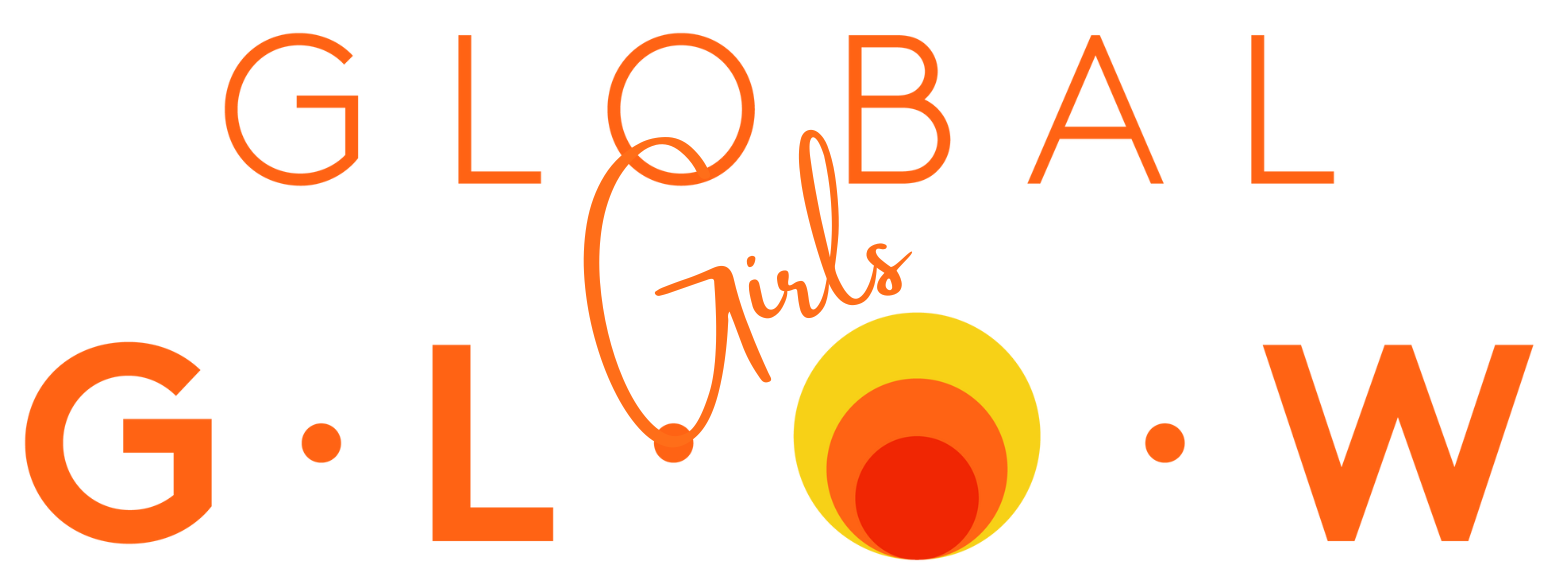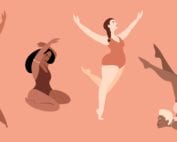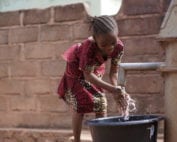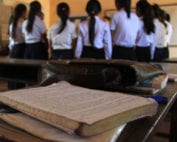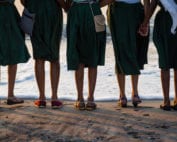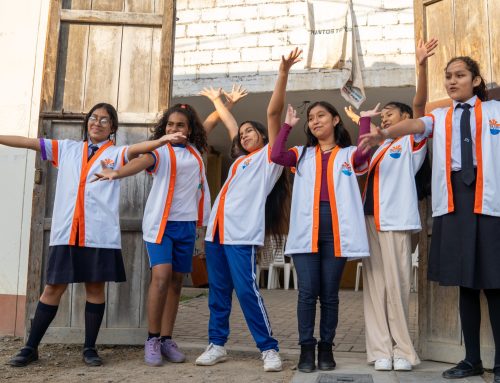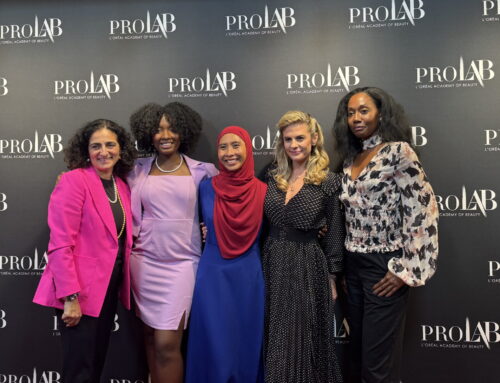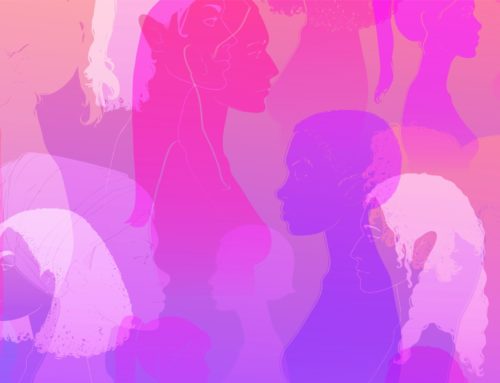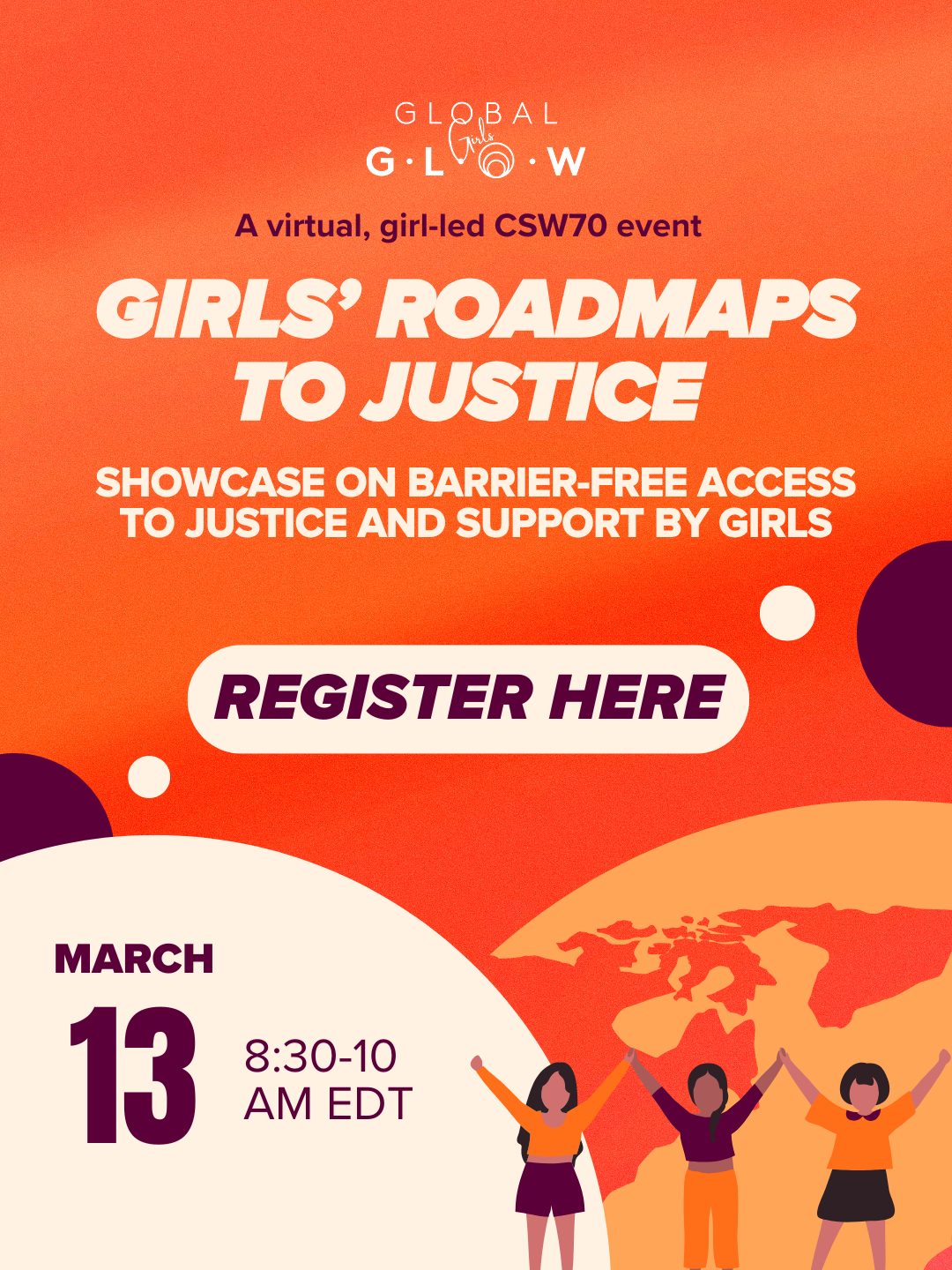How a Global G.L.O.W. Club in Sierra Leone Uses Radio to Empower Girls
In Sierra Leone, women and girls are largely oppressed and face a wide range of barriers that keep them from reaching their fullest potential. One of these barriers is illiteracy, as only 35% of females age 15 and older are considered literate in the region (source: UNESCO). Illiteracy rates, combined with lack of access to other types of media such as internet and television, makes radio the most effective platform for reaching a wide audience. More than 81% of Sierra Leoneans having access to local radio stations (source: BBC).
Global G.L.O.W. partners with Child Welfare Society in Sierra Leone to host local clubs for girls. “Some time ago, we received pressure from the community to establish more [Global G.L.O.W.] clubs for girls to benefit directly from the curriculum, which was very unique at the time,” said Partnership Coordinator Mohamed. “However, resources were not enough to establish more clubs or add more girls. During the normal sessions, community members (mostly girls) stood by the windows of the safe spaces (clubs) to listen throughout the session.”
Girls in the club had the idea of starting a community project that allowed them to educate their peers and engage girls with the same topics they were learning in G.L.O.W. clubs. This was tested for some months, until the girls suggested using media to reach even more females who would benefit from their messaging. Working with mentors and staff at Child Welfare Society, club members piloted a local radio show and it proved to be very successful. The program now spans six stations across Freetown and has become an incredibly effective way for girls to educate their peers.

“The radio program is an extension of Global G.L.O.W programming in the country and has significantly impacted the lives of adolescent girls and women across communities. This is seen as the dissemination of information that is extremely relevant to the health and growth of females and the realization of their potential,” said Mohamed.
In addition to helping community members, girls are being educated on the usefulness of the media and other communications strategies to engage other girls as well as members of the community. All 600 girls in the 30 G.L.O.W. clubs in Sierra Leone are taught communication skills and media ethics.
The program airs once a week (sometimes once every two weeks) and the topics are contingent on the G.L.O.W. curriculum, as well as local issues. It also covers the need for positive change, especially where hard work and a focused mind becomes paramount in making a just world. During every radio program, a call line is opened to encourage listeners to contribute. They can do so via either short message system (SMS) or phone call and club girls and mentors respond to the feedback from listeners. The time allocated for each radio program is always one hour to 90 minutes.
“The content of the radio program is very unique in Sierra Leone and has been seen as an important tool in the country to change the lives of girls. They have rights and they should be given the platform to advocate for their needs and realize safer communities. With this, their voices will be heard and their knowledge in community engagement and capacity will also be increased. We want the world to know about our radio program with special attention to the program’s objectives, structure and the intended outcome. We hope this can inspire other communities to implement similar programming.”
